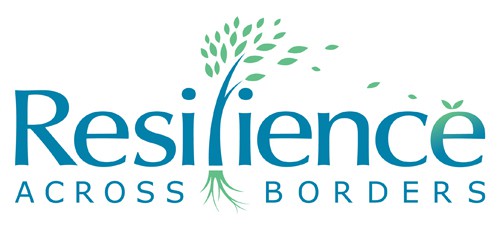When building resilience in children, we aim to boost confidence in their ability to react to and cope with challenging situations. All children can learn to bounce back from disappointments and strengthen their emotional well-being. This ability is enhanced when they don’t have to face adversity alone. In fact, studies show that social connection—specifically the support we receive from others—has a profound impact on how resilient we are.
Healthy relationships provide us with love, trust, and the sense that we can relate to one another. When we’re going through a hard time, the understanding and advice we receive from others help us cope effectively. After a year and a half of isolation from family and friends, youth are finally reconnecting. Navigating this new landscape of social interaction requires patience and adaptability. Here are three ways you can help your child foster healthy social connections:
Play a supportive role in your child’s friendships. Friendships are critical to developing social skills such as acknowledging the perspective of others, having conversations, and problem-solving. Encourage your child to catch up with old friends and make new ones, perhaps by helping arrange a play date or getting them involved in after school activities. Keep in mind that there will be times when your child gets into a disagreement with a friend. In these situations, you can model respectful behavior and offer suggestions, but ultimately allow them to make decisions about how they will resolve the problem. It is important that children learn from their mistakes so that they can be proactive the next time they encounter conflict.
Schedule quality time to check-in. Pick one day of the week where you ask your child, “What went well this week?” “What were some things you struggled with?” and “What can I do to help?” Checking in with these questions allows you to celebrate what went well and acknowledge their concerns. You can validate your child’s struggles as they arise by saying, “I understand why that was hard” and then coming up with a plan together to overcome difficult situations. Additionally, use this time to participate in your favorite activities that bring you closer. By holding this space to connect consistently, even during busy times, you cultivate a safe and supportive environment.
Practice gratitude often. Gratitude is all about acknowledging the events, experiences, and people in our lives that we cherish. Feeling appreciated by our loved ones brings us closer together, so tell your children why you’re grateful for them and encourage them to do the same. Try leaving each other little thank you notes or sending texts when you think of one another. Keep in mind that practicing gratitude is not just something we do for others but also for ourselves. It’s not meant to erase our negative experiences but to instead acknowledge the good around us despite them. Gratitude is a way of reframing our perspective and gaining self-control, which are critical components of resilience. One quick practice you can introduce is keeping a journal in which you and your child list the people and moments you appreciate daily, whether they’re big or small.

